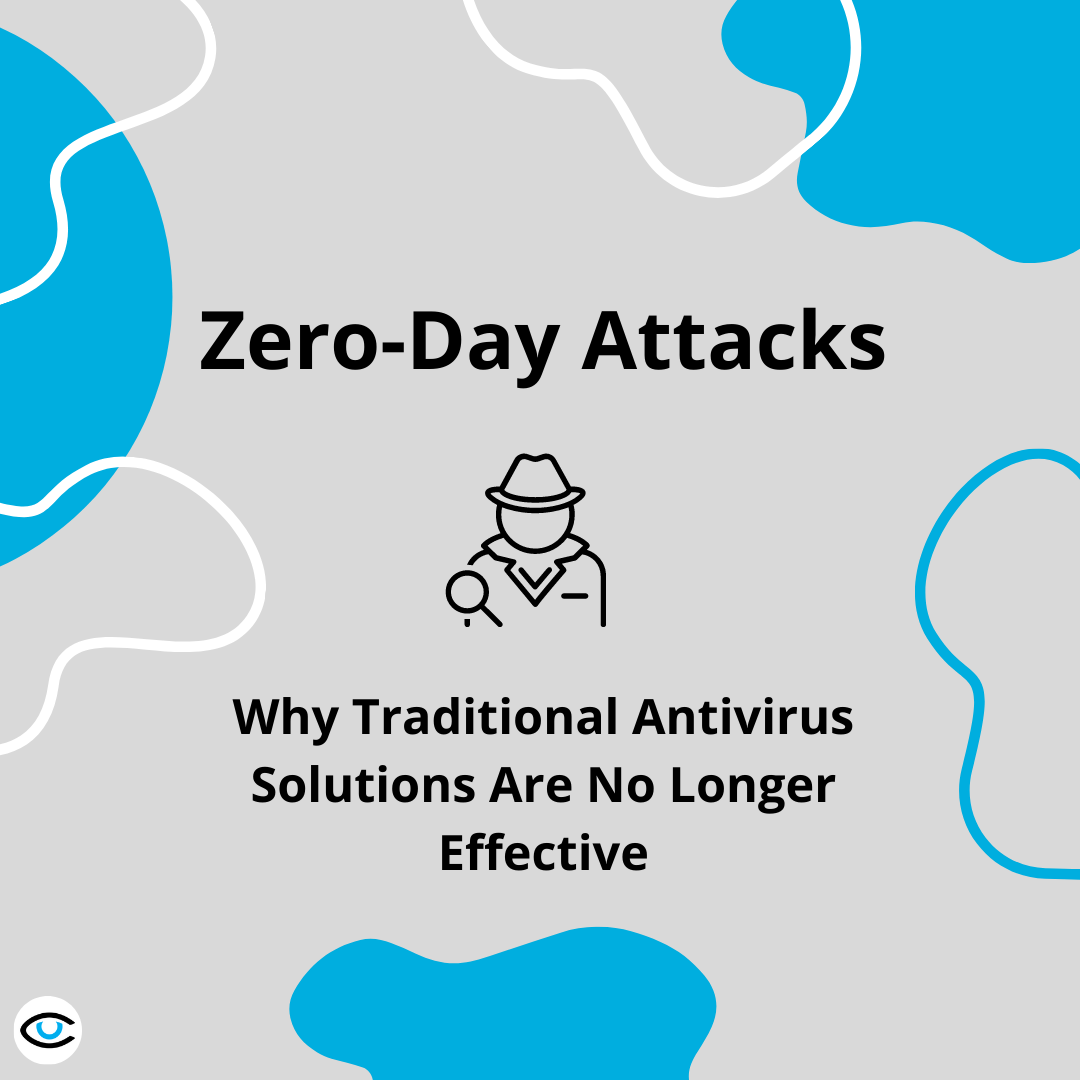What is a Zero-Day Attack?
The term "zero-day" applies to newly found security flaws that hackers can exploit to attack systems. The term "zero-day" refers to the fact that the vendor or developer only recently discovered the fault, or it has yet to be discovered altogether. In other words, it is so fresh that it has yet to be fixed. A zero-day attack occurs when hackers take advantage of a weakness (zero-day) before developers, programmers, and experts have a chance to fix it.
Who Carries Out Zero-Day Attacks?
- Cybercriminals – hackers who are usually motivated by monetary gain.
- Hacktivists – hackers who are motivated by a political or social cause and want their attacks to be publicized in order to raise awareness about their cause.
- Cyber warfare – countries or political leaders spying on or assaulting another country's cyber infrastructure is known.
- ANYONE - a user who has the knowledge and access to the dark web can in fact buy these services that can cost up to thousands, or even millions of dollars.
Regardless of the motive, all these forms and types of hackers can execute zero-day attacks and put a company at risk.
What Can a Zero-Day Attack Target?
A zero-day attack can take advantage of flaws in a wide range of systems, including:
- Applications (web browsers, office applications, etc.)
- Operating systems
- Hardware & Internet of Things (IoT) devices
- Open-source components
- And more.
Can My Antivirus Detect Zero-Day Attacks?
Zero-day attacks are difficult to identify since they can take many different forms, such as missing data encryption, missing authorizations, flawed algorithms, bugs, password security issues, and so on. Because of the nature of these vulnerabilities, full information regarding zero-day attacks is only available after the attack has been discovered, which is already too late.
Consider a zero-day vulnerability to be an unlocked car door that the owner believes is locked but that a robber discovers is still not. The thief can sneak in and steal items from the car owner's glove compartment or trunk, which may not be discovered for days after the damage has been done and the thief has escaped.
That being said, here are some tips to help protect yourself against zero-day attacks:
- Make sure all software, operating systems, and hardware are kept up-to-date.
- Use only applications and programs that are necessary. If you only need an application every blue moon, remove it and reinstall it when you need it.
- Educate your friends, family, and co-workers.
- Invest in a Next-Generation Antivirus software (NGAV) rather than a traditional antivirus software.
Click here to get in touch with our team for more details.
